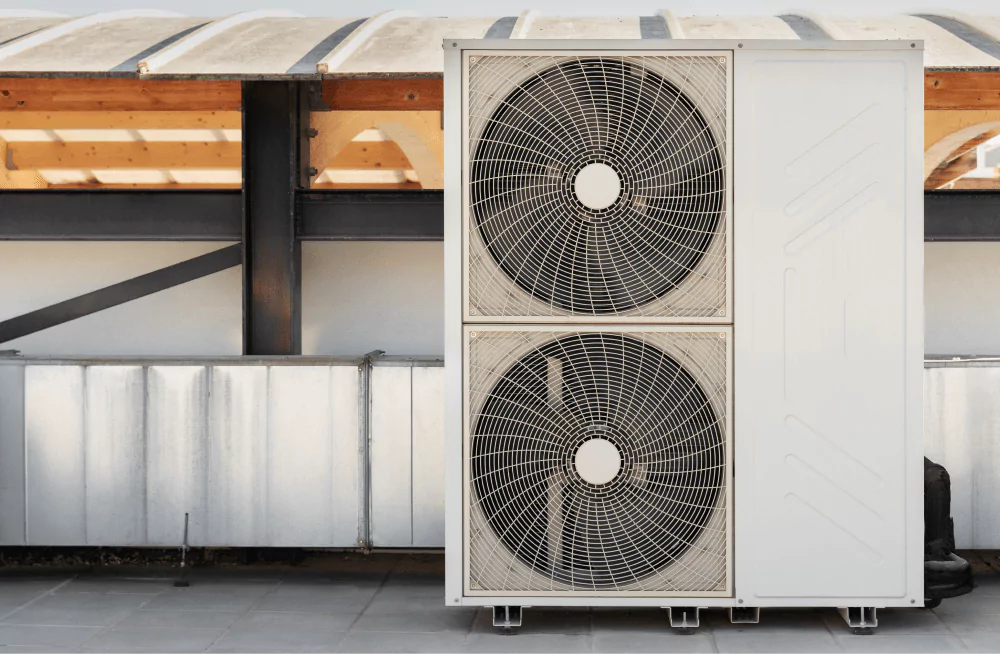
Managing comfort and energy efficiency in large commercial buildings is crucial, and commercial HVAC zoning systems are a key solution. Zoning allows a building to be divided into different sections, or “zones,” each with its own climate control needs. This approach enables precise temperature management, reduced energy usage, and improved overall comfort for occupants.
What Is HVAC Zoning?
HVAC zoning involves using multiple thermostats connected to a central control panel that manages airflow to various areas within a building. Each zone can maintain a different temperature, ensuring that the unique needs of each area are met. For example, spaces with higher occupancy or rooms with large windows that let in more sunlight can be managed separately from other parts of the building.
Benefits of Zoning in Commercial HVAC Systems
- Energy Efficiency: HVAC zoning significantly boosts energy efficiency by focusing heating and cooling on occupied areas. Unused or low-traffic zones aren’t unnecessarily heated or cooled, which helps businesses save on energy costs.
- Enhanced Comfort: Zoning allows for personalized temperature control in different areas, ensuring that occupants can adjust their space to their preferences. This can lead to increased comfort, productivity, and satisfaction.
- Prolonged System Life: By reducing the workload on the HVAC system, zoning helps extend its life. The system no longer has to uniformly heat or cool the entire building, which reduces strain and wear over time.
- Flexibility: Zoning provides flexibility in managing different areas of a building. Commercial spaces often have zones with unique heating and cooling needs, such as areas with more equipment or varying occupancy levels. Zoning accommodates these differences effectively.
Key Considerations for Implementing HVAC Zoning
Several factors need to be considered when introducing a zoning system in a commercial building:
- Building Layout: The building’s design will influence how many zones are needed and where they should be placed.
- System Compatibility: Not all HVAC systems can support zoning. It’s important to ensure that your system can be configured for zoning.
- Cost: While zoning offers long-term savings, the initial installation may require a significant investment. It’s essential to evaluate the upfront costs against the potential energy savings and improved comfort.
Conclusion
HVAC zoning is an effective solution for enhancing the efficiency and comfort of commercial spaces. By dividing a building into zones with independent climate control, businesses can optimize energy use and create a more comfortable environment. If you’re considering zoning for your commercial building, consulting with an experienced HVAC professional will help you design a system tailored to your specific needs.